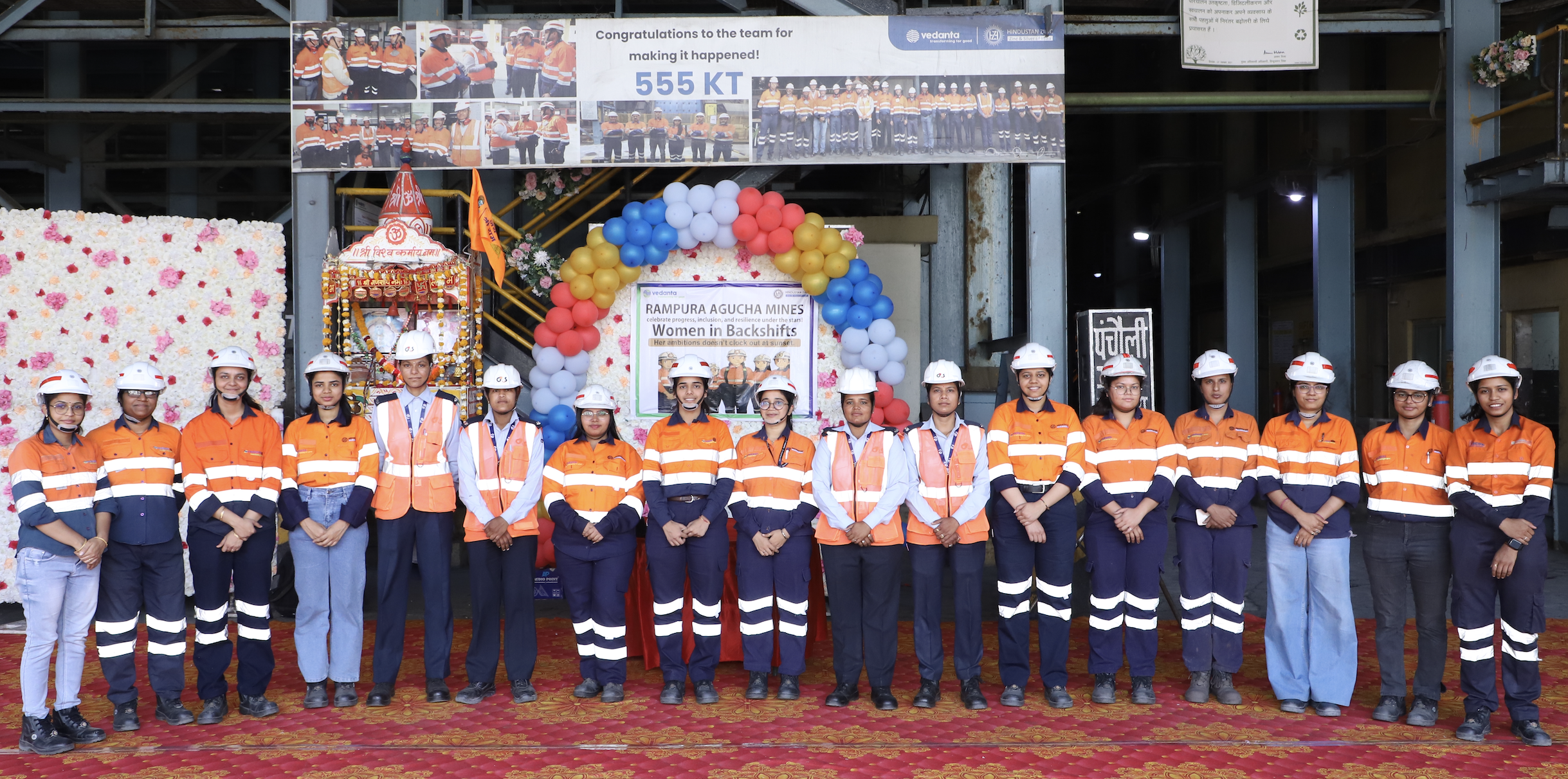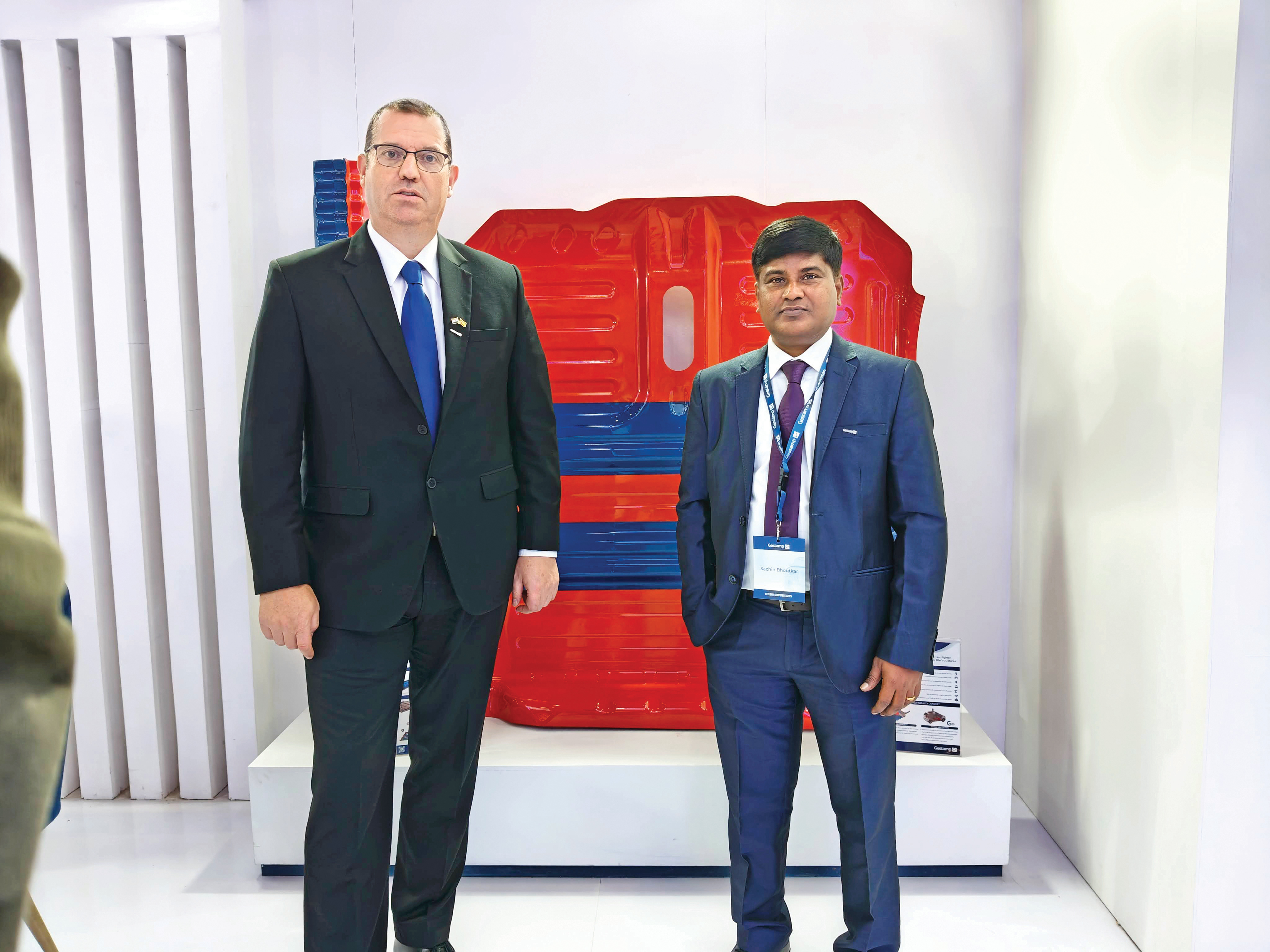If companies want to remain competitive in the labor market of the future, they must meet the needs of both younger and older employees,” said Christoph Kübel, member of the board of management and director of industrial relations at Robert Bosch GmbH, during a presentation to members of Stuttgart’s business and political communities. In a keynote speech on the working world of 2020, he emphasised the importance of work-life balance. “Flexible and varied working models can help avert the shortage of specialists and improve career prospects for women and older employees,” Kübel said. Such models will allow companies to keep important employees on board for a longer period of time, and to make management positions more attractive to women. According to Kübel, a good work-life balance stimulates employee creativity appreciably. Especially in the technical professions, women have yet to gain a strong enough foothold in specialist and management jobs.

Christoph Kübel, member of the board of management and director of industrial relations at Robert Bosch GmbH
According to a Robert Bosch Stiftung study that Kübel cited, Germany’s population will likely decrease from 82 million today to 71 million by 2050. For this reason, the Bosch board member sees lifelong learning and occupational health management as two core building blocks of future HR policy. According to Kübel, both will make it easier to maintain the mental and physical performance of today’s workforce for a longer time. In a connected industrial world, the need for low-skilled workers will decrease. For this reason, Bosch offers programs that aim to provide such workers with specialist qualifications. Specialists, in turn, are given opportunities to gain engineering skills. “At Bosch, we have yet to feel the impact of the shortage of specialists. This year, we expect to add another 9,000 associates to our global workforce. The Asia Pacific growth region will see the biggest increase.” The company plans to welcome new associates in Germany as well: “This year, we are planning to hire some 800 university graduates at Bosch locations in Germany. In addition, we expect to offer places for 1,400 new apprentices across the country.”
According to Kübel, policymakers also play an important role in shaping the working world of the future. In particular, a retirement policy that promotes a healthier and longer life for many employees can help ensure that the demand for specialists is met in the future. A move away from a culture that makes on-site work mandatory can also help achieve a healthy work-life balance. This, in turn, also helps keep employees healthy. At the same time, expanding the number of daycare facilities and all-day schools will reduce the burden on working parents and open up professional opportunities.












Leave a Reply